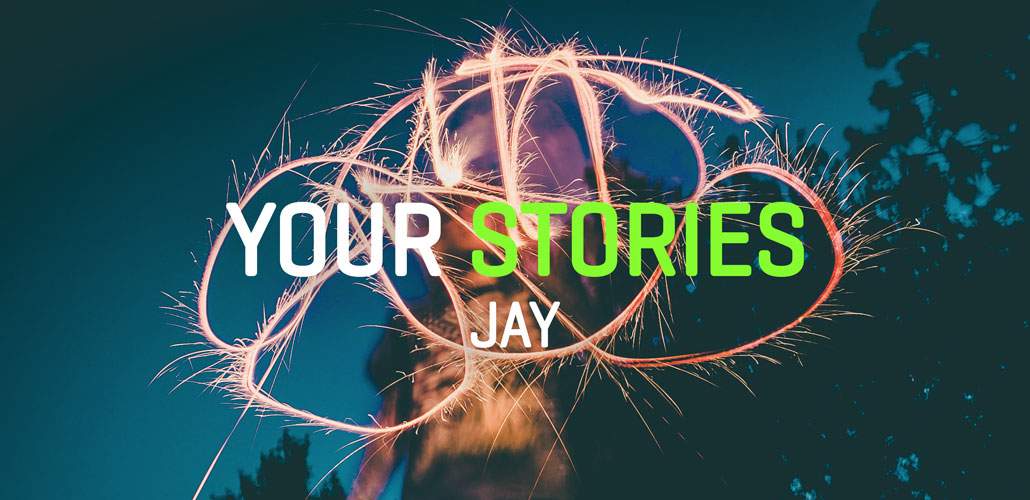
Jay's Story
Jay shares how knowing he wasn’t alone was his first active step towards ‘progress’ in recovering from his experience with depression.

Jay shares how knowing he wasn’t alone was his first active step towards ‘progress’ in recovering from his experience with depression.
Knowing I wasn’t alone was my first active step towards ‘progress’.
About Jay:
I was born and raised in Vancouver and currently work as a professional digital animator where I help create cartoon shows. On the side I write poetry to wrap my head around topics that might have contributed to my depression.
While I was at University I was in charge of a project that oversaw how patients at Vancouver Children’s Hospital were transitioning into adult care – but I felt like too much of a hypocrite to not be taking care of myself when I was supposed to be helping others. From there I had intimate conversations with people I trusted who, surprisingly, told me about their own experiences with depression as well. Knowing I wasn’t alone was my first active step towards ‘progress’.
Poetry
Moving beyond the past
I’ve had to let go of what I used to see as traditionally ‘manly’, like avoiding being vulnerable around others or trying to act like nothing ever hurts. It is part of a societal construct I’ve so far found to be a huge contributor to my depression and nothing but joy has come of letting go of these types of behaviours. There’s a lot to be said about how men and women are traditionally seen in society, and there’s a plethora of dialogue and studies out there trying to take on these perceptions for the sake of our wellbeing. If it matches your interests, I’d recommend seeking these things out.
– Jay, animator based out of Vancouver, B.C Canada. Hear more from Jay in his story video.
Too many men suffer in silence. Become a peer supporter for the men in your life.
In this four-part course (15–20 min each), you’ll learn what effective peer support looks like, how to show up for others, and how to stay grounded while doing so.